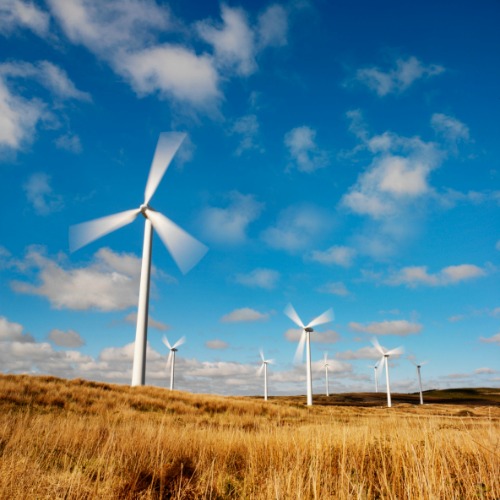 The Center for Rural Affairs, a Nebraska-based nonprofit group, has released a report entitled ‘Zoned Out: An Analysis of Wind Energy Zoning in Four Midwest States.’
The Center for Rural Affairs, a Nebraska-based nonprofit group, has released a report entitled ‘Zoned Out: An Analysis of Wind Energy Zoning in Four Midwest States.’
According to Alissa Doerr, the group's legal extern and author of the report, Zoned Out analyses different approaches to zoning commercial wind energy systems in Iowa, Minnesota, Nebraska and Wisconsin. The report also brakes down the advantages and disadvantages of these approaches, as well as what makes for effective zoning standards.
"Wind energy zoning remains generally uncoordinated and subject to state and local regulations, resulting in a piecemeal approach where zoning standards vary between states and within states," says Doerr. "In order for wind energy development to continue increasing, there must be an effective approach to wind energy zoning implemented that reduces inconsistency and unpredictability caused by the patchwork approach that is currently in place. The key is finding the right balance between local and state control.
"As wind energy continues to grow rural economies and expand across the Midwest, controversies have arisen as well as questions from local communities," continues Doerr. "How will this affect my community? What are the rules for wind energy development?"
"Zoning authorities must aim for efficient and effective standards, incorporating considerations from the local areas where wind development would take place," Doerr adds
Doerr explains further that the key to effective wind siting and zoning regulation is to strike the right balance between local and state control, avoiding some of the pitfalls for either approach, while trying to capture the benefits. She says authorities at the state and local level must consider the pros and cons that can result from difference ordinances, and the ideal balance should be focused on consistent standards that still allow for local autonomy.
"As wind power continues to play a bigger role in meeting our energy demands, it's important that we craft regulations that incorporate local preferences and address local concerns, while also providing clear and consistent standards for developers," concludes Doerr.
To view or download a full copy of the report, click here.



